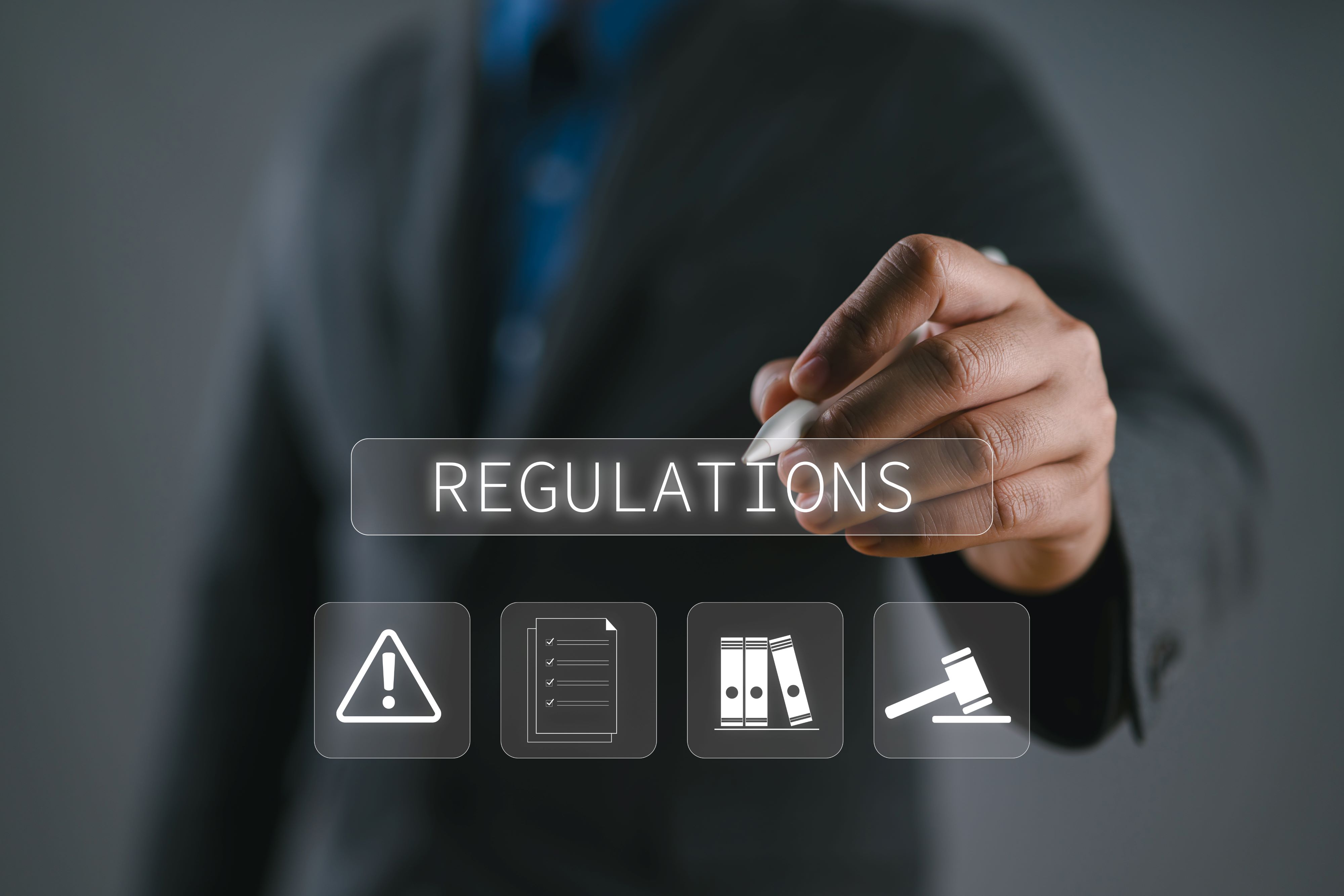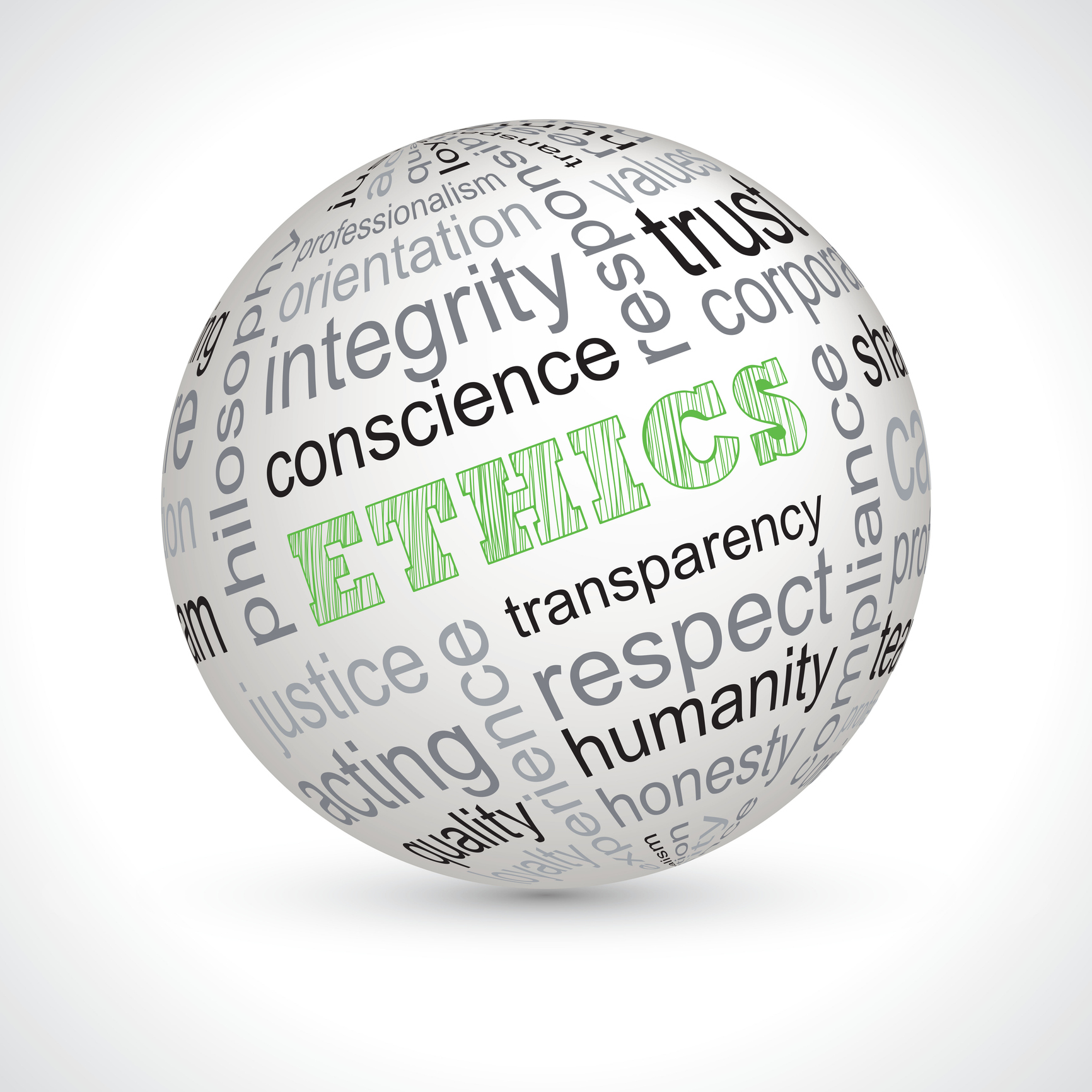July/August 2017
On Ethics
National Academies Address Misconduct in STEM Research
 A strong public and private commitment to US research institutions and enterprises has resulted in technological advancements and scientific and medical breakthroughs that have greatly improved society. Yet, there is concern that ethical misconduct and harmful policies and practices are reducing the integrity of research enterprises.
A strong public and private commitment to US research institutions and enterprises has resulted in technological advancements and scientific and medical breakthroughs that have greatly improved society. Yet, there is concern that ethical misconduct and harmful policies and practices are reducing the integrity of research enterprises.
Misconduct in research may involve fabrication, falsification, or plagiarism in proposing, performing, or reporting research. A recent report from the National Academies of Science, Engineering, and Medicine addresses the barriers to identifying, investigating, and addressing misconduct—most notably unevenness in the policies and capabilities of research institutions as well as science, engineering, technology, and medical journal and book publishers.
The report authors seek to enhance research integrity with the recommendation of best practices and policies to improve the research environment and a mechanism to effectively respond to alleged misconduct.
Recommendation One: To better align the realities of research with its values and ideals, all stakeholders in the research enterprise—researchers, research institutions, research sponsors, journals, and societies—should significantly improve and update their practices and policies to respond to the threats to research integrity.
Recommendation Two: Research institutions have an obligation to assess, monitor, and work to improve their research environments. They should raise their standards for research conduct and investigations of misconduct as well as establish compliance rules that go beyond federal regulations.
Recommendation Three: Research institutions and federal agencies should work to ensure that good-faith whistleblowers are protected and that their concerns are assessed and addressed in a fair, thorough, and timely manner.
Recommendation Four: To provide a continuing organizational focus for fostering research integrity that cuts across disciplines and sectors, a research integrity advisory board should be established as an independent nonprofit organization. The board should work with all stakeholders in the research enterprise to share expertise and approaches for addressing and minimizing research misconduct and detrimental practices. The board would foster research integrity by stimulating efforts to assess research environments and improve practices and standards.
Recommendation Five: Societies and journals should develop clear disciplinary authorship standards based on the principle that those who have made significant intellectual contributions are authors. These contributions can be made in the design or conceptualization of a study, the conduct of research, the analysis or interpretation of data, or the drafting or revising of a manuscript for intellectual content. Those who engage in these activities should be designated as authors of the report work, and all authors should approve the final manuscript.
Recommendation Six: Through their policies and the development of supporting infrastructure, research sponsors and science, engineering, technology, and medical journal and book publishers should ensure that information and its techniques to reproduce reported results are made available at the time of publication or as soon as possible after publication.
Recommendation Seven: Federal funding agencies and other research sponsors should allocate sufficient funds to enable the long-term storage, archiving, and access of datasets and code necessary for the replication of published findings.
Recommendation Eight: To avoid unproductive duplication of research and to permit effective judgments on the statistical significance of findings, researchers should routinely disclose all statistical tests carried out, including negative findings. Sponsors, institutions, and journals should support and encourage this level of transparency.
Recommendation Nine: Government agencies and private foundations that support science, engineering, and medical research in the US should fund research to quantify and develop responses to conditions in the research environment that may be linked to misconduct and detrimental practices. These research sponsors should use the accumulated data to monitor and modify existing policies and regulations.
Recommendation Ten: Researchers, sponsors, and institutions should continue to develop and assess more effective education and other programs that support research integrity. These improved programs should be widely adopted across disciplines and national borders.
Recommendation Eleven: Researchers, institutions, and sponsors that participate in and support international collaborations should leverage these partnerships to foster research integrity through mutual learning and sharing of best practices, including collaborative international research on research integrity.
Access the report Fostering Integrity in Research at www.nap.edu.


 Volunteering at NSPE is a great opportunity to grow your professional network and connect with other leaders in the field.
Volunteering at NSPE is a great opportunity to grow your professional network and connect with other leaders in the field. The National Society of Professional Engineers (NSPE) encourages you to explore the resources to cast your vote on election day:
The National Society of Professional Engineers (NSPE) encourages you to explore the resources to cast your vote on election day:



